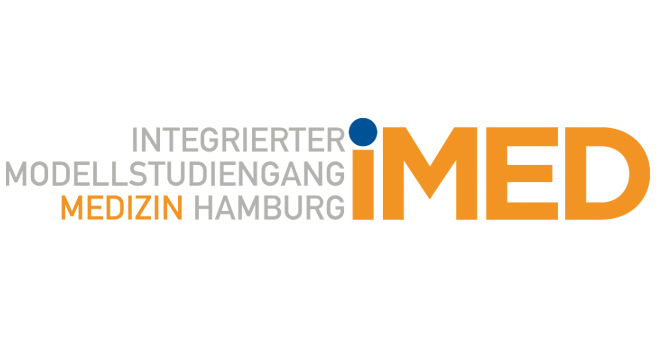Medical Education
Hamburg integrated medical degree program (iMED)
The Institute of Computational Neuroscience provides education of medical students in the subject of Medical Informatics (covered in lectures and seminars).
We also contribute to the following elective compulsory modules of the UKE iMED curriculum:
- "Gehirn und Geist - Faszination Neurowissenschaften"
Further Courses
In line with our research topics, we contribute graduate teaching of the collaborative research center Hamburg Brain School .
Available Student Research Projects
The Institute of Computational Neuroscience currently offers the following Bachelor and/or Master thesis topics:
- Biomedical Image Processing (computer science or similar):
Improved deconvolution of live cell fluorescence microscopy images - Image Processing (computer science / machine learning or similar):
Machine learning-based detection of pathologies - Processing (computer science / machine learning or similar):
Image-based learning of anatomical landmark locations
If you look for a Bachelor or Master thesis topic but are not interested in the aforementioned specific topics, you are also welcome to contact us: ICNS
Moreover, please contact
Prof. Dr. C. Hilgetag for available PhD and medical thesis research opportunities.
Past Student Projects
2024: Network Analysis of Rest-Activity Rhythms in Inpatients with Depression
C. Hornung (Research and Development Internship, Undergrad student, University of Hamburg)
2024: Modeling Cortico-cortical Evoked Potentials Using Network Communication Models
K. Fliou (Research and Development Internship, Bioinformatics, Sorbonne University)
2024: Developing a stand-alone program for Lesion-inference Based on Multi-perturbation Shapley value Analysis
S. Dixit (Research and Development Internship, Computer Science, University of Hamburg)
2023: Network reconstruction: theory and application to data
N. Laasch (Research and Development Internship, graduate student, University of Frankfurt)
2023: Differential Patterns of Associations within Audiovisual Integration Networks in Children with ADHD
M. Zamanzadeh (MSc thesis, Cognitive Sciences, Beheshti University)
2023: Reservoir Computing Analysis of Information Transmission and Fusion in Laminar-Specific Cortical Microcircuits
A. Kazybekova (MSc thesis, Neuroscience, University of Oldenburg)
2023: Large-scale computational modeling of the effects of multiple-site deep brain stimulation in Parkinson’s Disease
M. Jain (Research and Development Internship, BML Munjal University)
2023: Application of control theory to large-scale brain networks to uncover the most effective deep brain stimulation sites in the context of freezing of gait for patients withParkinson’s Disease
S. Motallebi (Visiting Researcher, University of Tehran)
2023: Exploring Contribution of Individual Experts in Large Language Models
S. Dixit (Research and Development Internship, Computer Science, University of Hamburg)
2022: Network reconstruction using dynamical differential covariance
L. Knoff (Research and Development Internship, High school student, Gymnasium Raubling)
2022: Investigating Distribution of Function in Artificial Neural Networks
S. Dixit (Research and Development Internship, Computer Science, University of Hamburg)
2022: Optimization of Multi-perturbation Shapley value Analysis (MSA) Python Library
S. Dixit (Research and Development Internship, Computer Science, University of Hamburg)
2022: Code Quest: Python Adventure for High Schoolers
J. Schneekloth (Coding Internship, High school student, 11th grade at Wolfgang-Borchert-Gymnasium)
2022: Adding neuroplasticity to a CNN-based in silico model of neurodegeneration
T. Moore (Visiting Researcher, PhD student, University of Calgary)
2018: Identification of human cortical layers using clustering algorithms
U. Dinc (Research and Development Internship, MSc Student, Mersin University (Turkey))
